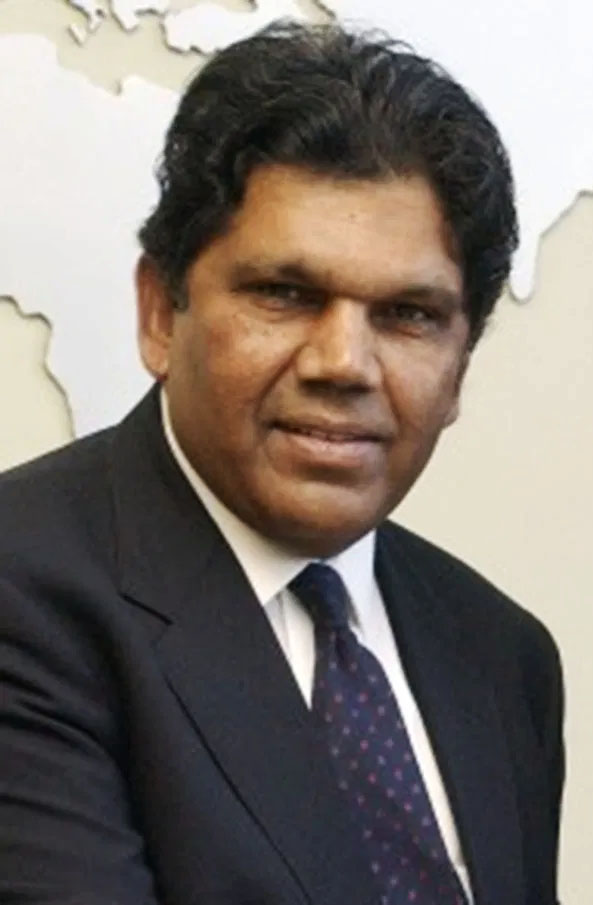Formerly Head of the UN Human Rights Office. Seventh Chancellor of UG
Freedom in the World, the 2021 annual report of Freedom House, a US government-sponsored institution, carried the title, Democracy Under Siege. The report noted with sadness that 2021 marked the 15th consecutive year of decline in global freedom. In 2020, 82 countries were free, 59 partly free, and 54 not free. The countries experiencing deterioration outnumbered those with improvements by the largest margin recorded since the negative trend began in 2006. Whereas, in 2005 thirty-one countries had made positive advances, in 2020 forty-five countries had regressed. The proportion of Not Free countries is now the highest it has been in the past fifteen years.
Over the past year, the report continued, oppressive and often violent authoritarian forces had tipped the international order in their favour time and again, exploiting both the advantages of non-democratic systems and weaknesses in ailing democracies. In a variety of environments, flickers of hope were extinguished, contributing to a new global status quo in which acts of repression went unpunished and democracy’s advocates were increasingly isolated.
Democracy’s defenders, the report continued, had sustained heavy new losses in their struggle against authoritarian foes, shifting the international balance in favour of tyranny. Incumbent leaders increasingly used force to crush opponents and settle scores, sometimes in the name of public health [the COVID-19 pandemic], while beleaguered activists – lacking effective international support – faced heavy jail sentences, torture or murder in many settings.
The impact of the long-term democratic decline had become increasingly global in nature, broad enough to be felt by those living under the cruelest dictatorships, as well as by citizens of long-standing democracies. Nearly 75 percent of the world’s population lived in a country that faced deterioration in 2020. The ongoing decline had given rise to claims of democracy’s inherent inferiority. “Proponents of this idea included official Chinese and Russian commentators seeking to strengthen their international influence while escaping accountability for abuses, as well as anti-democratic actors within democratic states who saw an opportunity to consolidate power. They were both cheering the breakdown of democracy and exacerbating it, pitting themselves against the brave groups and individuals who had set out to reverse the damage.”
The parlous state of US democracy had been conspicuous in the early days of 2021 as an insurrectionist mob, egged on by the words of outgoing president Donald Trump and his refusal to admit defeat in the November election, stormed the Capitol building and temporarily disrupted Congress’s final certification of the vote. This capped a year in which the Trump administration had attempted to undermine accountability for malfeasance, including by dismissing inspectors-general responsible for rooting out financial and other misconduct in government; amplified false allegations of electoral fraud that fed mistrust among much of the US population; and condoned disproportionate violence by police in response to massive protests calling for an end to systemic racial injustice:
“But the outburst of political violence at the symbolic heart of US democracy, incited by the president himself, threw the country into even greater crisis. Notwithstanding the inauguration of a new president in keeping with the law and the constitution, the United States will need to work vigorously to strengthen its institutional safeguards, restore its civic norms, and uphold the promise of its core principles for all segments of society if it is to protect its venerable democracy and regain global credibility.”
“India’s status had declined from Free to Partly Free due to a multi-year pattern in which the Hindu nationalist government and its allies had presided over rising violence and discriminatory practices affecting the Muslim population and pursued a crackdown on expressions of dissent by the media, academics, civil society groups and protesters.”
In an Editorial of 6 March, 2021 commenting on the Freedom House report, the Financial Times expressed sadness that democracy was in retreat and that three quarters of the global population in 2020 lived in countries where freedom was falling; less than twenty percent lived in a free country. The shifting global balance reflected not just a decline of democracies but a fightback by autocracies. The Financial Times commented:
“Democracy promotion must begin at home. The US and its allies must repair their own political systems so they can again lead by example. That means strengthening institutions, making electoral systems fair and protecting them from interference. As Freedom House notes, it also means addressing the root causes of dissatisfaction… Western democracies…should step up support and solidarity to rights groups and democracy activists, by imposing sanctions or cutting business ties or aid to governments engaged in crackdowns.”
Janan Ganesh, writing in the Financial Times on 10 March 2021, observed: “Were it not for Israel, a …motorist could drive from Russia’s north-eastern, Alaska-facing tip to the south-western point of Angola without passing through a ‘free’ or even ‘partly free’ country. That daunting map alone earns Democracy Under Siege, a report by the Freedom House watchdog, its lurid title.” The article highlighted the following sobering facts about the decline of democracy in the world:
In no year since 2005 have more countries improved their democratic institutions than weakened them.
Recent malefactors include the strongest nation, the US, and the second most populous, India.
China, the potential master of the century, scores nine out of 100 for overall freedom.
Ganesh commented: “…[I]f the West could not entrench freedom as the global standard when it was ascendant, it is hardly likely to as the balance of world power tilts increasingly eastward.”
The decline of democracy in the world impacts directly on the quality of the commitment to justice, or lack thereof, of the Members of the UN Human Rights Council. Alas, we also see, world-wide a decline of human rights justice in the world. Might there be lessons for Guyana’s fragile democracy from the Freedom House report?






